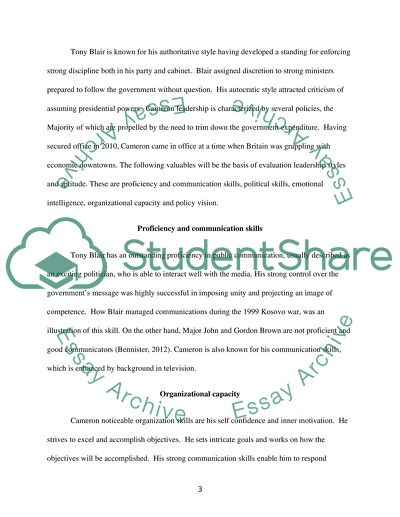Cite this document
(“Different Styles of Recent British Prime Ministers Essay”, n.d.)
Different Styles of Recent British Prime Ministers Essay. Retrieved from https://studentshare.org/history/1479315-compare-and-contrast-the-different-styles-of
Different Styles of Recent British Prime Ministers Essay. Retrieved from https://studentshare.org/history/1479315-compare-and-contrast-the-different-styles-of
(Different Styles of Recent British Prime Ministers Essay)
Different Styles of Recent British Prime Ministers Essay. https://studentshare.org/history/1479315-compare-and-contrast-the-different-styles-of.
Different Styles of Recent British Prime Ministers Essay. https://studentshare.org/history/1479315-compare-and-contrast-the-different-styles-of.
“Different Styles of Recent British Prime Ministers Essay”, n.d. https://studentshare.org/history/1479315-compare-and-contrast-the-different-styles-of.


